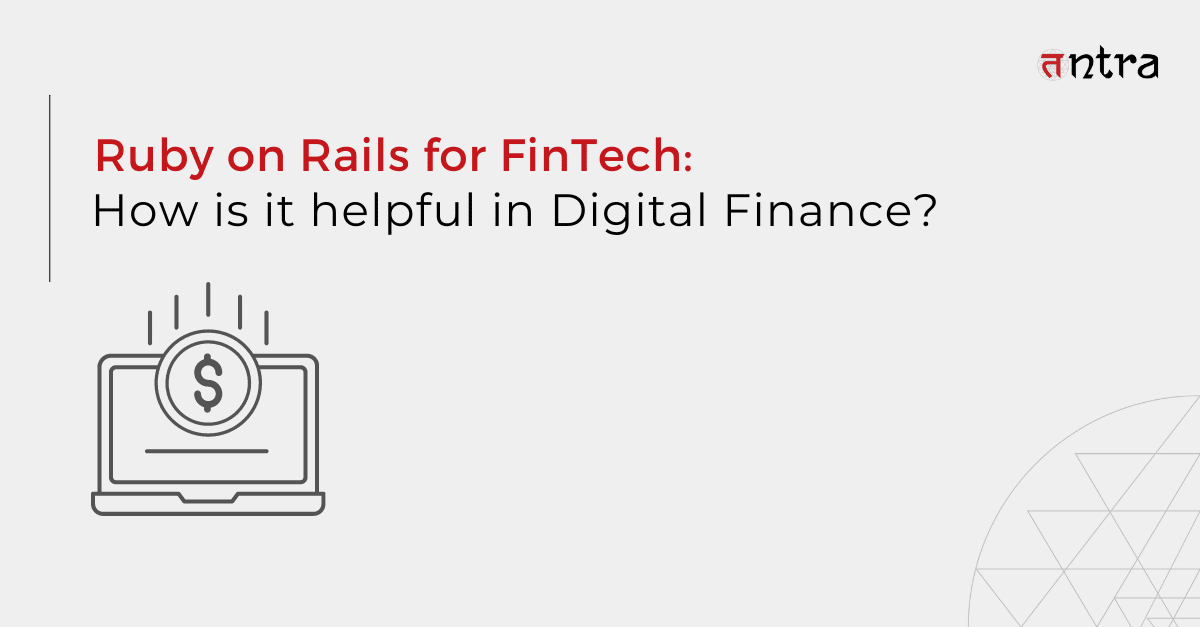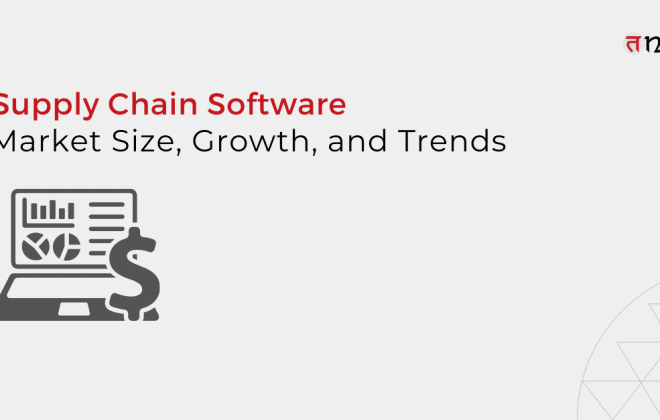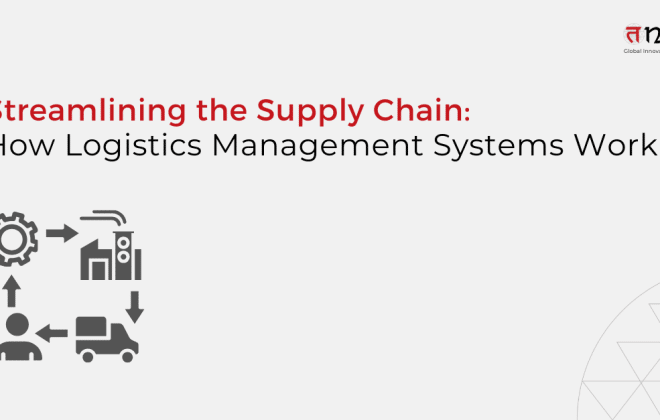
Ruby on Rails for FinTech: How is it helpful in Digital Finance?
Table of Contents
ToggleLaunched in 2010, Stripe enabled businesses to accept payments from anyone and anywhere. The result was new business models like the emergence of Lyft and Kickstarter.
Ruby on Rails is a key technology in Stripe’s technology stack. It is an extremely user-friendly and scalable platform that handles millions of transactions every day. Using Ruby on Rails, they focus on the design and development of the application. Their ultimate goal was to deliver a smooth user experience.
Strip offers a complete toolkit that allows businesses to come online in a simple manner. Today, Stripe powers 100+ businesses worldwide. Stripe has raised over $1 billion in funding. The company is renowned all over the world as an accessible and amazing payment platform.
(Source: Ideamotive)
The demand for Ruby on Rails
There are a total of 1,093,214 live Ruby on Rails websites. The demand for the framework is still growing as companies look towards affordable options for FinTech software development.
The top website that uses Ruby on Rails in its technology stack gets around 392 million visits every month. Goodreads, Airbnb, and WeTransfer are a couple of web applications that work with a Ruby on Rails app development company for their needs.
7.45% of websites in the top 10,000 websites in the world use Ruby on Rails. The technology offers amazing scalability and affordability in website development. Therefore, many of the top companies use Rails for their web products.
Ruby on Rails and FinTech: Is it a match?
FinTech businesses face several challenges. The digital finance industry is filled with countless examples of failed solutions. The success of FinTech companies depends upon how properly they can implement digitization. Therefore, the need for a technology that can simplify FinTech solutions and offer a competitive advantage becomes imminent.
Ruby on Rails is a technology that delivers on all these parameters. It is a simple framework that helps in designing amazing FinTech applications. Coinbase, Stripe, and Fundera are a couple of examples of FinTech solutions that are built with Ruby on Rails.

Let us look at a few reasons that make Ruby on Rails a great technology for FinTech app development.
- Inbuilt Security
FinTech solutions require high amounts of security due to the confidential data involved. There is personal information, transaction details, and whatnot. The framework offers several in-built security features to protect data and secure the FinTech application. Ruby on Rails for FinTech prevents hackers from stealing confidential information. It provides strong authentication features to safeguard the application. - Data Analytics
FinTech focuses on processing lots of data to get valuable insights for better decision-making. Performance optimization is crucial when it comes to leveraging FinTech data for handling tons of data. A dynamically-typed language like Ruby is more fail-proof than statically-typed programming languages. - Scalability Functions
FinTech products are growing. Therefore, solutions need scalable technology. Ruby on Rails helps build products that can handle concurrent requests. It ensures that FinTech customers don’t have to face any lags while operating the application. Ruby on Rails is known to handle thousands of requests on the popular ecommerce development platform, Shopify. Therefore, it is a powerful technology for FinTech solutions.
Conclusion
Ruby on Rails delivers amazing results in the FinTech space. It is a framework for secure and dynamic web applications. As the FinTech industry grows, the need for high-quality solutions will become imminent. Ruby on Rails for FinTech startups will help them achieve their desired goals and build reliable digital finance solutions.
If you are looking for a FinTech app development services partner, then Tntra is your go-to company. We are a trusted software product engineering company with FinTech expertise spanning over 3 decades.
Consult us today for your next project.





